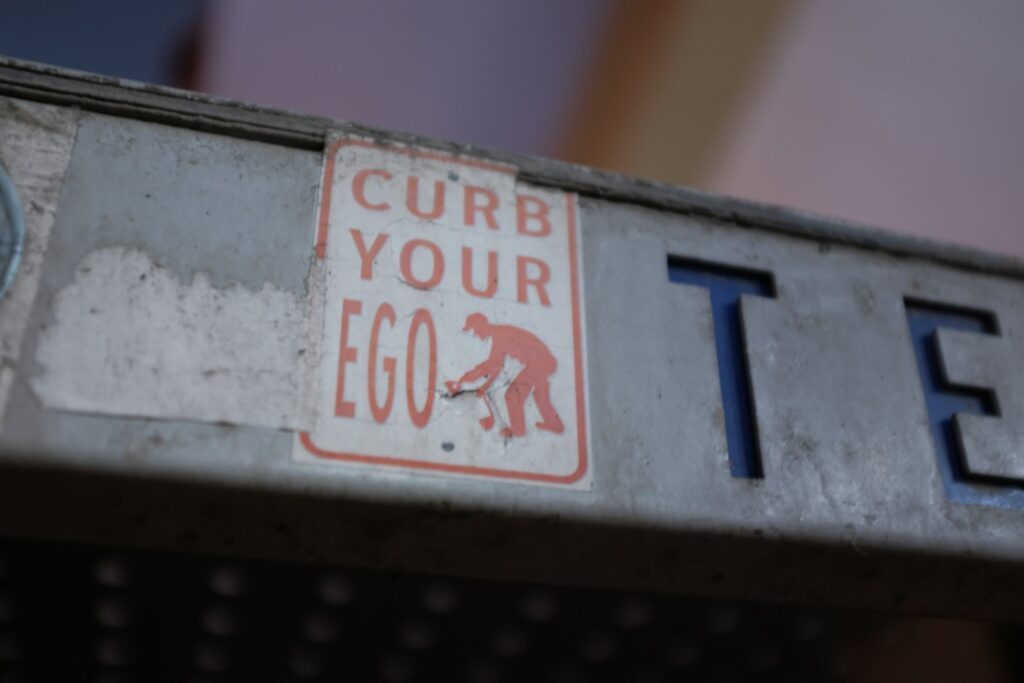Ryan Holiday’s Ego Is the Enemy argues that our greatest obstacles are often internal, rooted in selfishness, pride, and self-importance. The Wizard of Menlo Park offers a vivid, real-world example of this principle through the story of Thomas Edison’s ego.
Thomas Edison’s ego shaped both his triumphs and his troubles. He struggled to acknowledge competitors, resisted criticism, withheld credit from collaborators, and insisted on controlling every aspect of his businesses. For Edison, success wasn’t just about innovation—it was about total dominance.
Take the Eidoloscope, an early motion picture system. When reporters asked Edison to comment on it compared to his own kinetoscope, he had the perfect opportunity to recognize a competitor. But he couldn’t. Thomas Edison’s ego wouldn’t let him.
Even Edison’s employees knew the cost of contradicting him. A. E. Johnson, one of his staff members, once remarked:
“I found out that he could make awful mistakes, and I also found it didn’t pay to tell him about his mistakes. Let him find them out himself…”
That quote reveals how deeply Thomas Edison’s ego influenced his leadership style. Rather than welcoming correction, he expected subordinates to tiptoe around the truth. His moods controlled the workplace environment. A good day meant productive energy. A bad one brought tension and fear.
Another telling moment: Edison refused to print the names of recording artists on his phonograph records. When challenged by a dealer to change this, he replied sharply:
“There is a great deal of ‘faking’ and press agent work in the musical profession… I would rather quit the business than be a party to the boasting up of undeserved reputations.”
This wasn’t just a branding choice—it was a reflection of Thomas Edison’s ego. He wanted the spotlight entirely for himself, even when others deserved recognition.
As Edison’s fame grew, so did his belief that everything he created inherently benefited humanity. The praise he received created a self-reinforcing loop. Eventually, Thomas Edison’s ego convinced him that his instincts were always right—and that only he could run his companies effectively. He went so far as to insist that any successor must be a blood relative with a “flexible temperament.”
What can entrepreneurs learn from Thomas Edison?
- Give credit where credit is due.
- Listen to feedback, especially when it’s uncomfortable.
- Understand that leadership isn’t about control—it’s about trust.
- Don’t let fame replace honest reflection.
The Wizard of Menlo Park reminds us that unchecked ego can erode even the most brilliant legacies. Thomas Edison offers a timeless lesson: humility, not hubris, is what sustains innovation over the long run.


